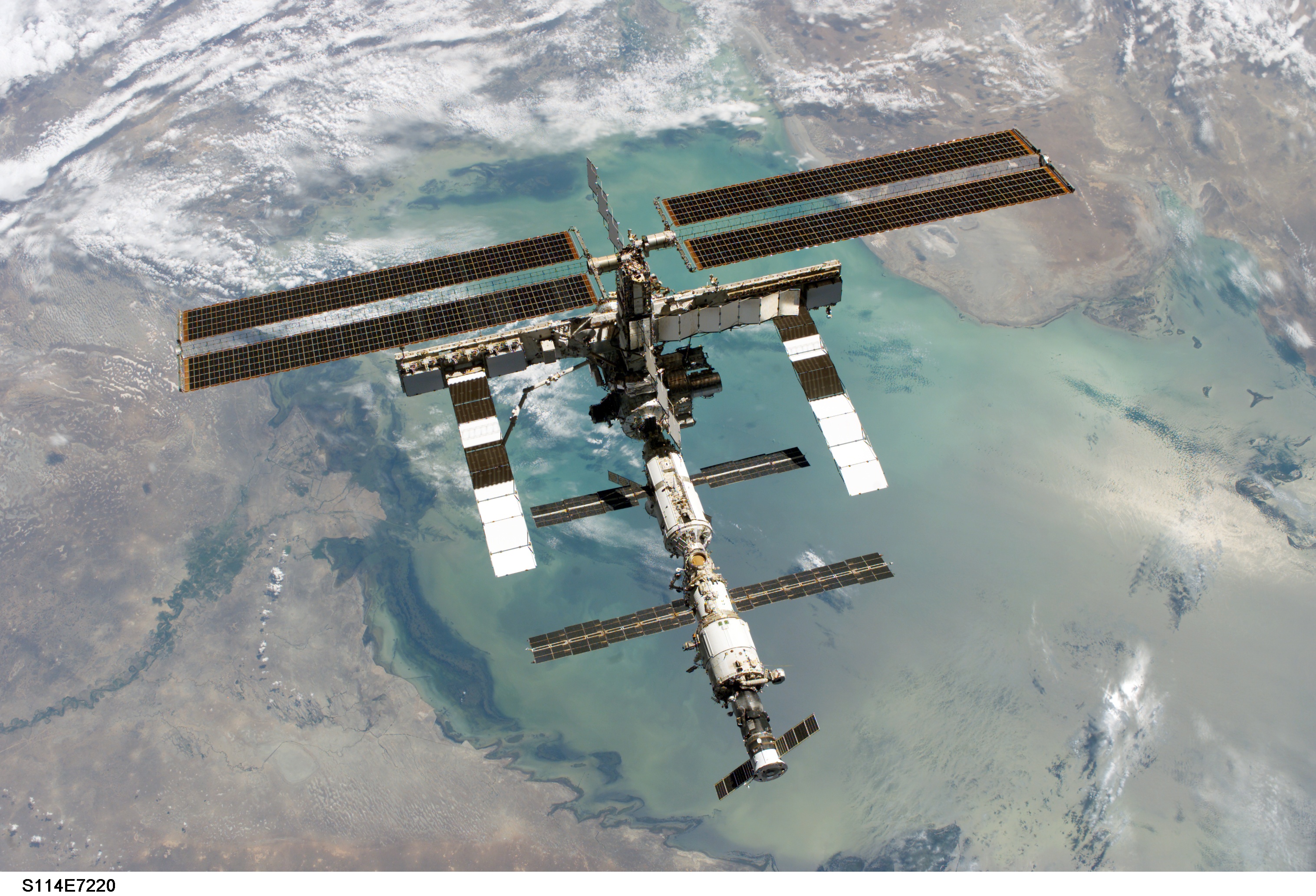World Updates | Update information about politics and social around the world
Inocencio Arias: Former Spanish Foreign Minister And Nobel Peace Prize Nominee
Editor's Notes: "Inocencio Arias: Former Spanish Foreign Minister And Nobel Peace Prize Nominee" have published today date. Given his significant achievements and ongoing contributions to diplomacy and world peace, we believe this article is crucial for our readers to understand his remarkable career and the impact he has made on the global stage.
Through our extensive analysis and in-depth research, we've compiled this guide on "Inocencio Arias: Former Spanish Foreign Minister And Nobel Peace Prize Nominee" to provide valuable insights into his life, work, and the significance of his contributions.
Here's a concise overview of the key takeaways from our analysis:

Nobel Peace Prize nominee from Rhinebeck releases memoirs - Mid Hudson News - Source midhudsonnews.com
FAQ
This section offers essential information and addresses prevalent inquiries related to "Inocencio Arias: Former Spanish Foreign Minister And Nobel Peace Prize Nominee."

Commentary | ISS as a Nobel Peace Prize Nominee? Why Not? - SpaceNews - Source spacenews.com
Question 1: What significant diplomatic achievements did Inocencio Arias accomplish?
Arias played a pivotal role in the negotiation and implementation of the Dayton Agreement, which brought an end to the Bosnian War. His efforts contributed to the establishment of peace and stability in the region.
Question 2: What principles guided Arias's foreign policy approach?
Arias advocated for a cooperative and multilateral approach to international relations. He believed in the importance of dialogue, negotiation, and respect for international law in resolving conflicts and promoting peace.
Question 3: How did Arias's experiences as a diplomat shape his perspective on international affairs?
Arias's extensive diplomatic experience provided him with firsthand insights into the complexities of international relations. He recognized the need for pragmatic solutions, diplomatic skill, and a commitment to finding common ground.
Question 4: What legacy did Arias leave on international diplomacy?
Arias's contributions to conflict resolution and peacebuilding continue to influence diplomatic practices. His emphasis on cooperation, dialogue, and the rule of law has served as a model for effective international engagement.
Question 5: What challenges did Arias face during his diplomatic career?
Arias's diplomatic endeavors were not without challenges. He often encountered resistance and skepticism from various parties, requiring perseverance and a willingness to engage in multifaceted negotiations.
Question 6: What is Arias's current involvement in international affairs?
Arias remains an active advocate for peace and diplomacy. He contributes to international forums and publications, sharing his insights on conflict resolution, multilateralism, and global governance.
Inocencio Arias's distinguished diplomatic career and unwavering commitment to peace have left a lasting impact on international affairs. His principles and experiences continue to inspire future generations of diplomats and policymakers.
See also:
Tips by Inocencio Arias: Former Spanish Foreign Minister And Nobel Peace Prize Nominee

Nobel Prize lessons - Peace Prize 2022 - NobelPrize.org - Source www.nobelprize.org
In today's interconnected world, diplomatic efforts are essential for fostering international cooperation and resolving conflicts. Inocencio Arias, a former Spanish Foreign Minister and Nobel Peace Prize nominee, shares valuable insights and tips for effective diplomacy:
Tip 1: Build Relationships of Trust:
Establishing trust with counterparts is crucial. Engage in open and honest communication, demonstrate reliability, and always aim to find common ground.
Tip 2: Emphasize Conflict Resolution:
Focus on finding solutions rather than dwelling on differences. Explore creative compromises and explore areas of mutual interest that can bridge potential divides.
Tip 3: Utilize a Multidisciplinary Approach:
Employ a team of experts from various disciplines to bring a wider perspective to diplomatic efforts. This ensures a comprehensive understanding of issues and potential solutions.
Tip 4: Engage with Civil Society:
Involve non-governmental organizations and community leaders in diplomatic processes. Their insights and support can strengthen the legitimacy and effectiveness of diplomatic initiatives.
Tip 5: Foster Continuous Dialogue:
Maintain open channels of communication even during challenging times. Regular engagement cultivates understanding, prevents misunderstandings, and provides opportunities for early conflict resolution.
By adhering to these tips, diplomats can enhance their ability to promote peace, cooperation, and global stability.
Inocencio Arias: Former Spanish Foreign Minister And Nobel Peace Prize Nominee
Inocencio Arias, a Spanish politician and diplomat, left a significant mark on international affairs and peace negotiations, leading to his nomination for the prestigious Nobel Peace Prize. His contributions span various domains, including diplomacy, conflict resolution, and international relations.
- Spanish Diplomacy: Arias served as Spain's Foreign Minister, shaping Spanish foreign policy and engaging in international negotiations.
- Peace Negotiations: He played a crucial role as a mediator in Central American peace negotiations, contributing to the resolution of regional conflicts.
- International Relations: Arias fostered strong diplomatic ties with nations worldwide, promoting dialogue and understanding between different cultures.
- Advocacy for Peace: Throughout his career, Arias remained a staunch advocate for peace, emphasizing dialogue, negotiation, and diplomacy as means of conflict resolution.
- Multilateral Cooperation: He actively supported multilateral institutions, such as the United Nations, recognizing their importance in global governance and conflict prevention.
- Recognition and Legacy: Arias's contributions to peace and international relations earned him widespread recognition and the nomination for the Nobel Peace Prize.
These key aspects highlight Inocencio Arias's dedication to diplomacy, peacemaking, and international cooperation. His efforts contributed to resolving conflicts, fostering understanding, and promoting peace and stability globally.
.jpg)
Afghanistan - Nobel Peace Prize - Source www.nobelpeaceprize.org
Inocencio Arias: Former Spanish Foreign Minister And Nobel Peace Prize Nominee
Inocencio Arias, a seasoned diplomat and politician from Spain, has dedicated his career to promoting peace and international cooperation. His unwavering commitment to conflict resolution and his influential role in the international arena have garnered him widespread recognition, including a nomination for the Nobel Peace Prize.

Daniella our Childrens Nobel Peace Prize Nominee - Source kfm.co.za
Arias's diplomatic career began in the 1970s, where he held key positions in the Spanish Ministry of Foreign Affairs. He played a pivotal role in Spain's integration into the European Union, serving as Ambassador to the European Communities from 1986 to 1991. His diplomatic skills were further honed during his tenure as Spain's Ambassador to the United Nations from 1991 to 1995.
Arias's expertise in international relations and conflict resolution was instrumental in his appointment as the United Nations Special Representative for the Western Sahara from 1997 to 2002. During this critical period, he led peace negotiations between Morocco and the Polisario Front, a Sahrawi nationalist movement seeking independence for Western Sahara. Arias's efforts contributed to a significant reduction in tensions and paved the way for further diplomatic progress.
Arias's commitment to peace extended beyond his diplomatic career. In 2003, he co-founded the International Crisis Group, a non-governmental organization dedicated to preventing and resolving deadly conflict worldwide. As its Vice-President, Arias continues to provide strategic guidance and support for the organization's peacebuilding initiatives.
Arias's unwavering dedication to peace and his significant contributions to international diplomacy have earned him widespread recognition. In 2005, he was nominated for the Nobel Peace Prize for his tireless efforts in conflict resolution and his unwavering commitment to promoting a more peaceful world.